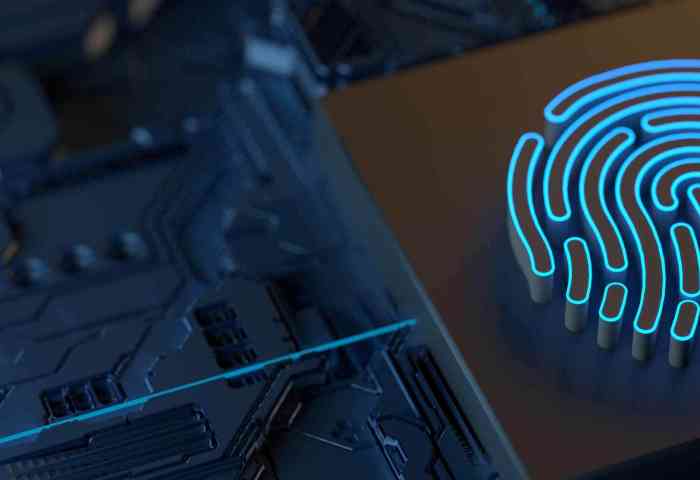Get started with MU
ApplyOverview
Cybersecurity is a rising field that has become critical to any organization of any size, both public and private institutions. Essentially any interface connected to a network is in constant danger — from common technological resources such as servers, desktops, network devices and mobile phones to other devices, such as drones, sensors, robots, cars and medical devices. More professionals focused on cybersecurity, with a firm desire to protect sensitive equipment, are needed.
This undergraduate certificate will provide essential training for individuals seeking entry-level positions in cybersecurity, including:
- Individuals seeking entry-level career opportunities in cybersecurity.
- Individuals working in IT or cybersecurity who are seeking career advancement.
- Individuals working in IT or cybersecurity who need to keep their skills up to date or meet professional requirements.
The experienced professors, with a wealth of industry knowledge, develop course content that incorporates hands-on training and the most crucial components of cybersecurity knowledge.
Quick facts
Official name
Undergraduate certificate in cyber securityCampus
Program type
Undergraduate certificateAcademic home
College of Engineering | Department of Engineering and Information TechnologyDelivery mode
100% onlineAccreditation
Higher Learning CommissionPart time credit hours
15Part time estimated cost
$10,899.00*This cost is for illustrative purposes only. Your hours and costs will differ, depending on your transfer hours, your course choices and your academic progress. See more about tuition and financial aid.

Career prospects
The type of positions for individuals who earn the certificate include:
- Ethical hacker
- Penetration tester
- Security architect
- Security system administrator
- Digital forensics investigator
- Information security analyst
- IT security consultant
Graduates of this program will be qualified for entry-level positions in cybersecurity teams in both private and public institutions. They will be able to design and institute safe policies for companies, and serve in leadership positions for cybersecurity teams as necessary. This certificate will help reinforce current and developing practices for present-day and future cybersecurity professionals to deploy in jobs directly related to networks, database management and computer forensics.
Program structure
The online undergraduate certificate in cyber security is 100% online: no campus visits required.
Courses are semester-based. Students typically take two classes per semester and finish the program in one year.
Course work includes
- Introduction to problem solving and programming
- Fundamentals of network technology
- Advanced cybersecurity
- Web application development
- Computer network security
- Unix operating systems
- Computer system administration
- Digital forensics
Delivery
100% onlineCalendar system
Semester-basedTypical program length
2 yearsTypical course load
1-2 courses per semesterAccreditation
The University of Missouri is accredited by the Higher Learning Commission, one of six regional institutional accreditors in the United States.
Faculty spotlight

Jiaming Jiang's technical focus areas include formal methods and various programming languages, including Python, C++, C, Rust, Haskell and Prolog. Dr. Jiang has developed a model of security access control systems using mathematical logic. Her research focus during her doctoral study was on formal methods. She was formerly a lecturer at the University of California, Davis. She has taught various courses in Python, C, Haskell, Prolog, data structures and semantics of programming languages.

Before joining MU, Fang Wang worked as a senior software engineer in research and development at Ansys Inc. Prior to that, she worked for six years as a senior device modeling and characterization engineer at Motorola Inc. and Freescale Semicondutor Inc. Her research interests include simulation software development, virtual reality/augmented reality applications, mobile app development and image processing.
